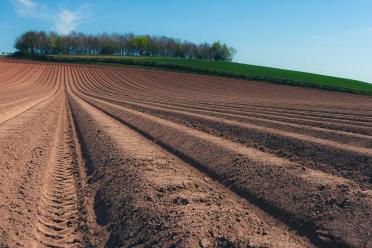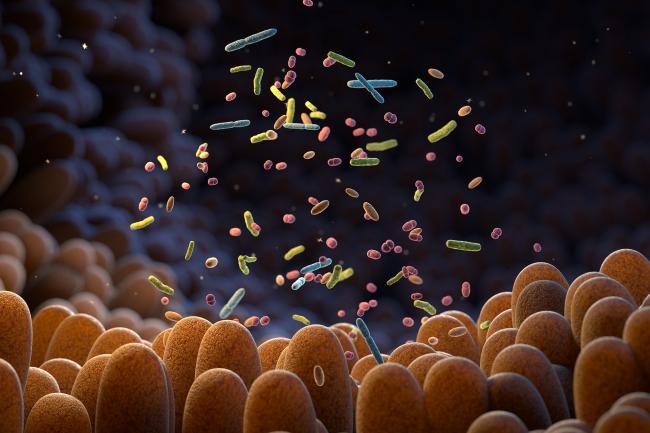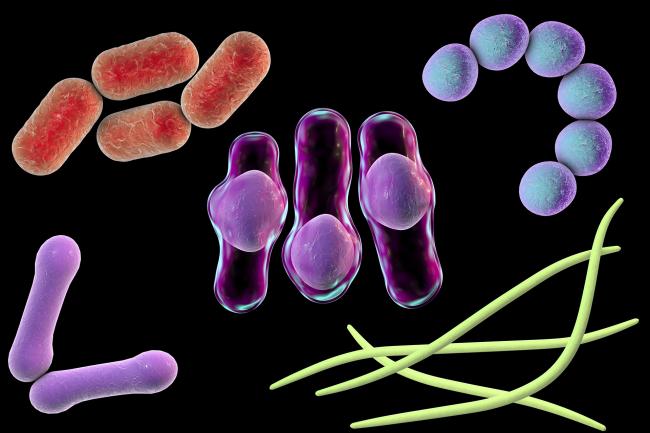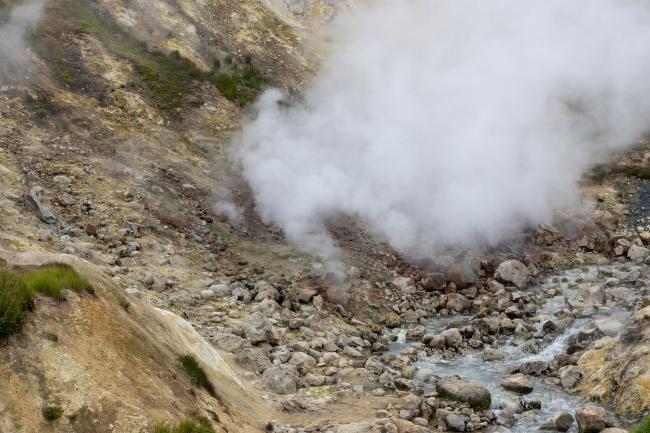
A new collaborative project called ‘OpenLAND: Open evaluation of climate-resilient interventions for land management, soil health and net zero’ has been funded by UKRI. The project brings together partners from all over the UK including the Earlham Institute.
The UK government has committed to achieving net zero by 2050. This means the total emissions produced are equal to the emissions removed from the atmosphere.
This year marks a major milestone in climate negotiations, as countries gear up to meet in Belém, Brazil for COP30; the 30th meeting of countries signed up to the United Nations Framework Convention on Climate Change (UNFCCC). This vast conference has been billed as one of the last opportunities to overcome barriers to climate action – tackling key topics such as climate financing and raising countries' climate ambitions.
One of the major contributors to UK emissions is the agri-food system - accounting for almost a quarter of UK greenhouse gas emissions. Research which contributes to solutions that can reduce and mitigate emissions from the agri-food system could have major implications on the ability for the UK to achieve the target of net zero by 2050.
Scientists at the Earlham Institute will contribute a deeper understanding of the role of soil microbial communities in carbon storage. Providing expertise in cutting edge methodologies for studying microbes, Dr Falk Hildebrand and Dr Chris Quince, both Group Leaders at the Earlham Institute and Quadram Institute, will together explore key research questions:
- How do soil microbial communities contribute to carbon storage?
- How does different land uses impact soil microbes and their contribution to carbon storage?
- Can soil microbial communities be restored to healthy populations from highly degraded environments?


